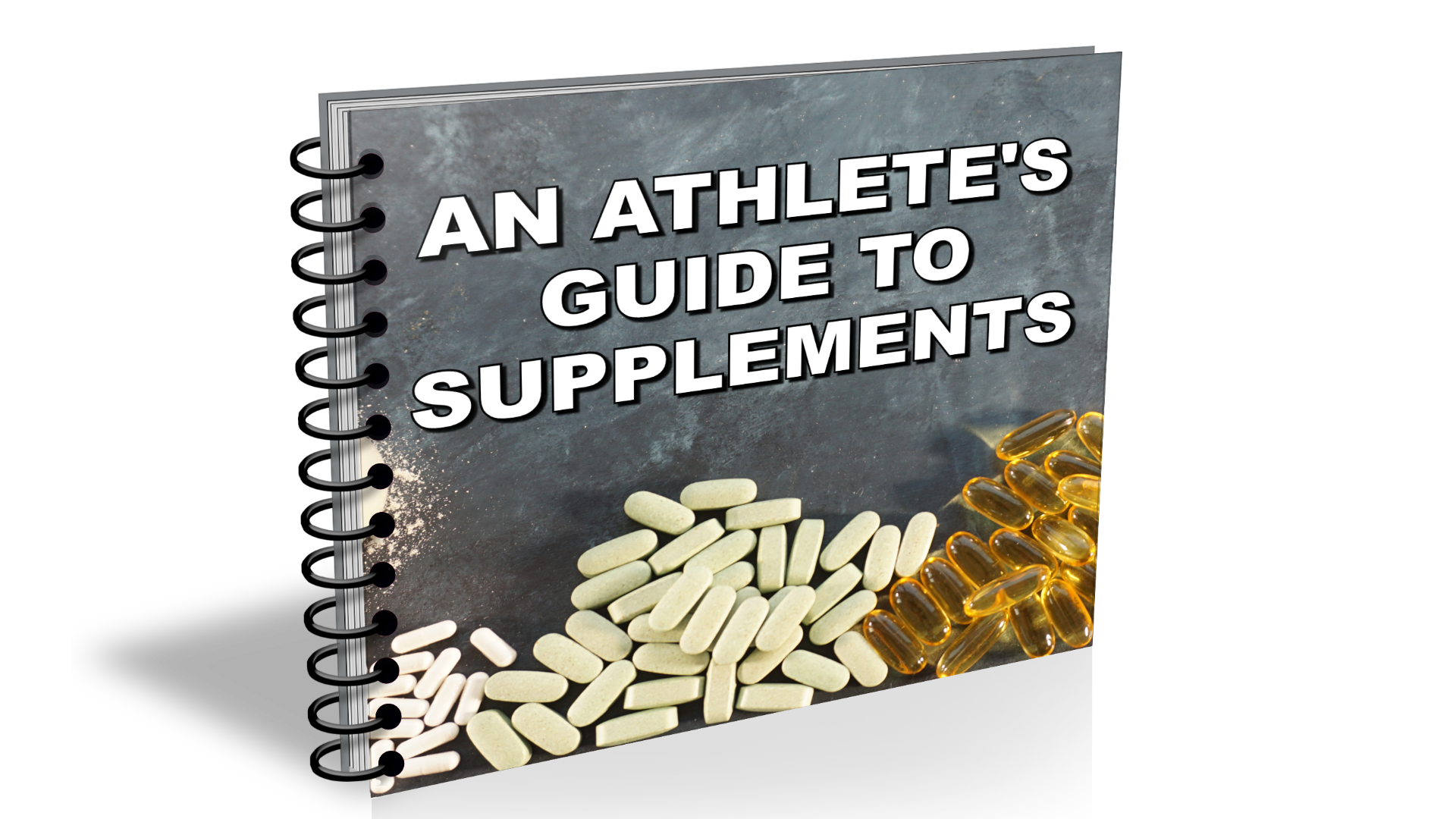“Food first but not food only.”
Table of Contents
Multi-Vitamin
Fish Oil
Essential Amino Acids (EAA)
Post-Workout Whey Protein
Creatine
Fiber
Vitamin D
Magnesium
Supplements are complicated. On one hand, they’re often overhyped, over-marketed, and over relied upon. On the other hand, supplements backed by legitimate nutrition science can offer convenient and relatively easy advantages.
So are supplements necessary?
Depends.
Can they be helpful?
Absolutely.
Before we get into clarifying all of this, first a few disclaimers:
- The foundation of our health is high quality nutrition, challenging training, and adequate sleep and recovery. You can’t out-supplement poor sleep or a crappy diet.
- You want to make sure your supplements are tested for purity and quality so you know you’re getting exactly what the label claims. There are three major certification organizations we look for: NSF, Informed Choice, & Clean Label Project. NSF International is an independent, accredited organization that develops standards and tests and certifies products. Informed Choice is a monitoring program that tests for banned substances. Clean Label Project is a non-profit focused on health and transparency in consumer product labeling.
It is our responsibility as consumers to be selective about what we put in our bodies. Sometimes companies claim that inspections as being performed, but Mel often confirms and requests reports to determine if she’s comfortable with their quality control. (If all that sounds like a bit much, you can simply work with Mel and she’ll do it for you.)
The recommended products throughout this post all meet Mel’s exacting standards and many of the links give you a discount while throwing us a small kick-back, so ordering through our site is a nice way to support The Bandana Training Club.
And now to the good stuff…
Multi-Vitamin
Let’s call it how it is. Our food supply isn’t what it used to be. Our environment is polluted, our soils are depleted, and our digestive system is overstressed. That means we’re often not getting the vitamins and minerals we should. A multi-vitamin is solid step towards changing that. It certainly isn’t the sexiest of supplements, but you can think if it as an insurance policy – even if your nutrition isn’t highly-varied or completely balanced, you’ll still meet your daily needs and dietary allowances.
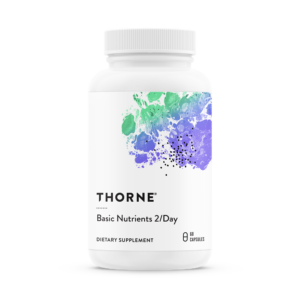
Fish Oil
The benefits of fish oil are extensive and well-documented:
- It has a positive effect on most any disease known to man including the big ones like coronary heart disease, hypertension, chronic fatigue syndrome, and diabetes.
- It’s great for cell membrane health which can make you more insulin responsive and may aid in weight loss.
- The DHA fraction of fish oil is a natural anti-inflammatory which can help address conditioning associated with chronic inflamation.
- The EPA fraction of fish oil helps prevent soreness after a workout and has been shown to increase focus (which we could all use a little more…hey look PUPPIES!)
- It increases serotonin levels which makes it’s a happy pill.
- It increases good cholesterol, lower triglycerides, and even in small doses has been shown to decrease blood pressure.
- It fights stress by reducing adrenal activation…which is to say that for the same amount of stress, you will produce fewer stress hormones.
- It’s easy to take.
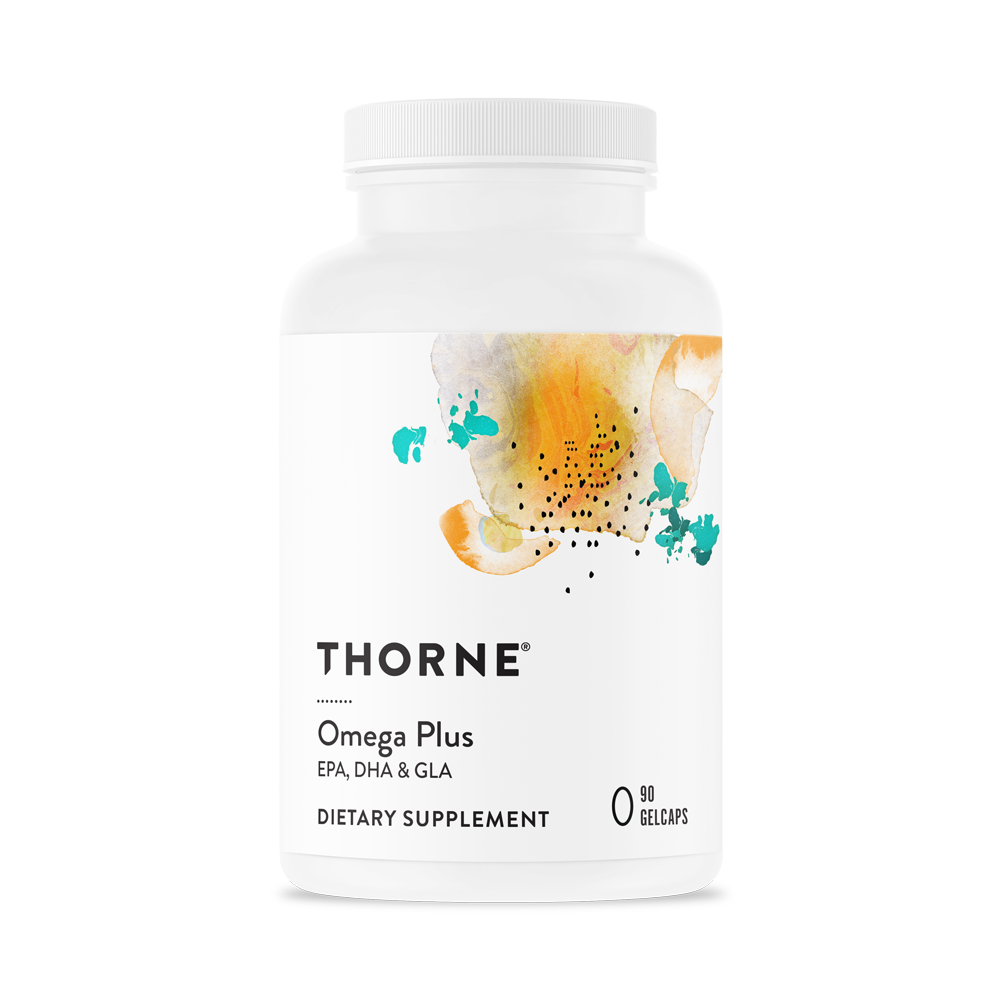
Important to note: plant based sources of Omega-3’s such as flax seed oil don’t offer the same health benefits. This is because fish oil is high in EPA and DHA, which are the money fractions of Omega-3’s. Plant based sources of Omega-3’s are higher in ALA. Now, humans are remarkable creatures and so we’re able to convert ALA into DHA & EPA…but the conversion isn’t efficient. By taking fish oil, you skip the whole conversion process and get right to the good stuff.
Recommended products:
Essential Amino Acids (EAA)
Overall protein intake is still king, but the newest research indicates that free form EAA’s show a promising MPS (muscle protein synthesis) response.
Taking EAA’s around a workout seems like a good idea because very little digestion is involved (unlike food or even whey protein.) This leads to a large and rapid ⬆️ in peripheral EAA concentrations. By maximizing the EAA gradient, the rate limiting step is no longer about the supply of amino acids, which could enhance MPS.
How much will it help? Depends on the time you train, total protein intake, and nutrient timing. Based on the current literature, I’m cool recommending 15g of EAAs around your workout.
To make sure we’re on the same page, 3 of the 9 Essential Amino Acids (EEA’s) are Branch Chain Amino Acids (BCAA’s). Here’s the list, for you softcore nutrition geeks:
- Histidine
- Isoleucine (BCAA)
- Leucine (BCAA)
- Lysine
- Methionine
- Phenylalanine
- Threonine
- Tryptophan
- Valine (BCAA)
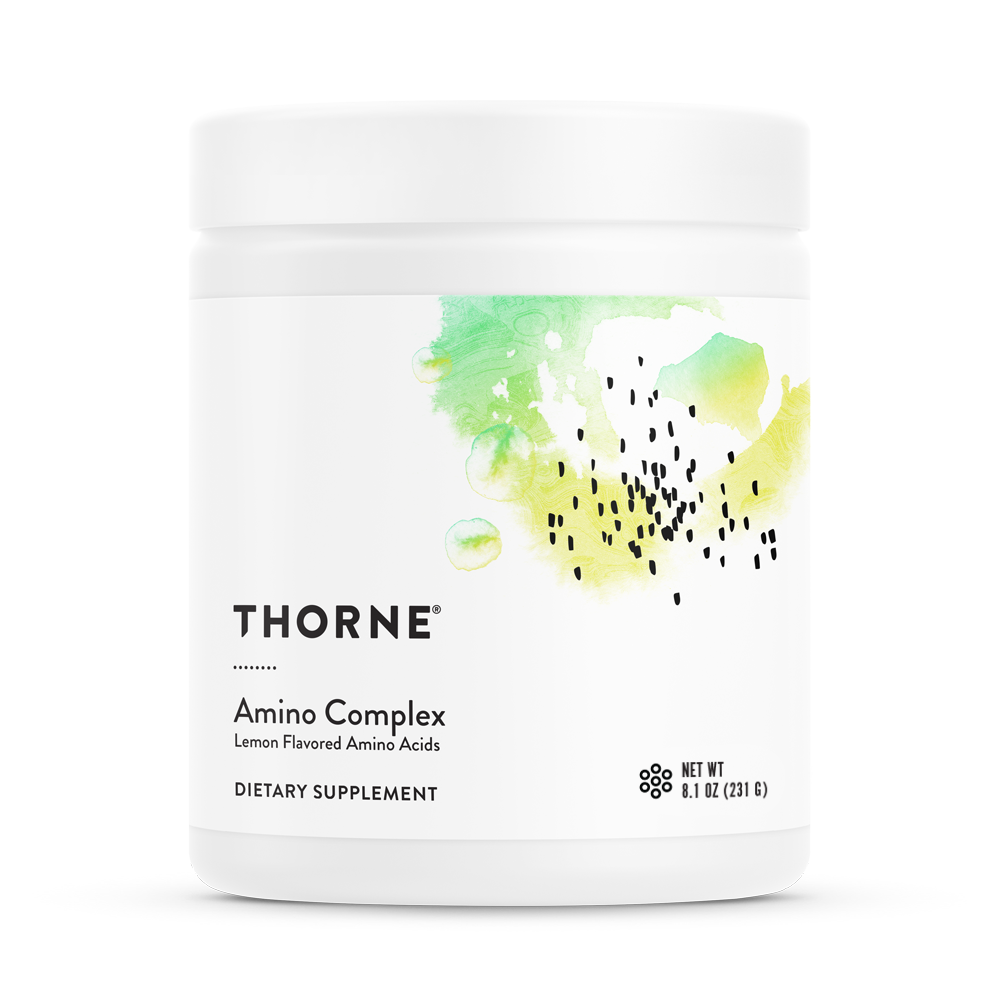
Recommended products: Amino Complex
Post-Workout Whey Protein
The newer research tells us that we don’t need to be in a rush to get nutrition in us immediately after a workout. As the leading nutrition scientist say, “It’s not a post-workout window, it’s more of a barn door.” That said, why wait? Post-workout nutrition certainly won’t hurt your gains and can ultimately help switch your body into an anabolic state.
Whey protein post-workout fits the bill nicely. It digest quickly and is a complete protein which means that it has the entire spectrum of essential amino acids (the building blocks of protein.) Plus, it tastes great.
Post-workout whey helps you rebuild muscle, reduces stress, support immune function, and recover faster.
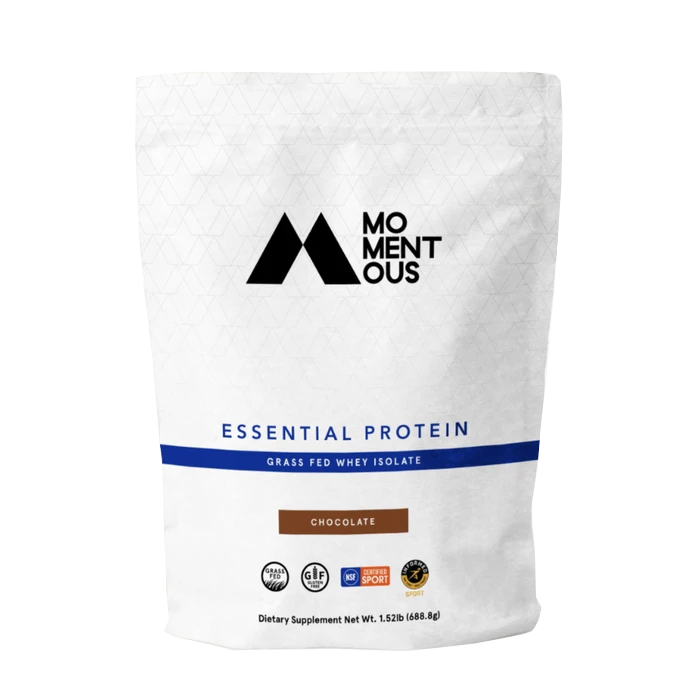
Ultimately how much you take depends on your nutrition the rest of the day. You want your overall protein intake to be close to 1g / lb of ideal body weight per day, spread evenly throughout your feeding window. If your overall protein intake is lower, you would benefit from having more post-workout protein. If your overall protein intake is higher, you may not need a post-workout protein supplement at all.
Recommended products:
Grass-fed Whey
Plant Based Protein
Use “Mama Mel” for 15% off all momentous products
Creatine
Creatine is the safest and most effective ergogenic aid on the market. Hell, even people who aren’t trying to optimize their physical performance should take creatine for the cognitive and neuroprotective benefits. Despite misleading and inaccurate accounts in the media, as well as folk-tales and locker room he-said-she-saids, creatine has continuously proven itself a safe and effective supplement.
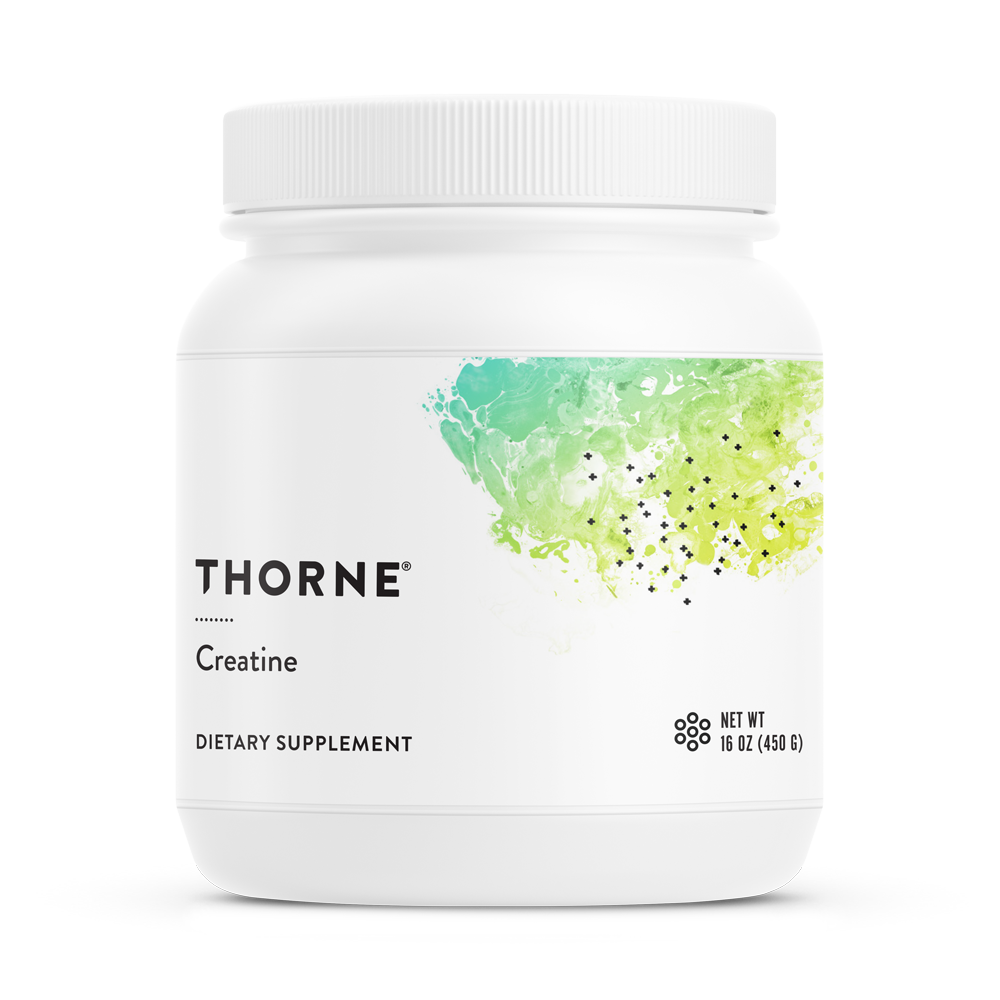
Creatine is a naturally occurring amino acid-like substance. Beef, pork, tuna, salmon, and cod all contain 1.2 – 3.4 grams of creatine per pound so if you’re consuming animal protein, you’re already consuming creatine. Our body is also able to synthesize creatine from the amino acids glycine, arginine, and methionine. However, supplementing creatine guarantees that our creatine stores are capped off, which means our energy system is operating at maximum capacity.
A quick summary of how creatine works:
Brief explosive exercise is fueled by ATP (adenosine triphosphate) which is often referred to as the “molecular unit of currency” for all cellular activity in the human body. In order for our muscles to replenish ATP we need PCr (phosphocreatine.) Taking creatine increases our PCr supply. Ergo, creatine supplementation helps maintain energy production during high intensity exercise.
Here’s the crazy part. Studies have indicated that long-term creatine supplementation can lead to 5-15% gains in strength and performance. That’s insane!
Recommended protocol: 5g per day with your highest influx of carbohydrates (which will probably be in your post workout shake) ad infinitum with no need to deload.
Let me be clear. Creatine is the most effective supplement on the market for high intensity sport.
Recommended product: CREATINE MONOHYDRATE. NOTHING ELSE. Because of creatine’s popularity, a number of different creatine products have come to market including creatine bars, liquid creatine, creatine citrate, and effervescent creatine. They are often far more expensive and marketed to be more effective than creatine monohydrate. There is no evidence to support these claims.
Fiber
Fiber is like natures scrub brush. It keeps your innards squeaky clean. As you probably know, we don’t digest fiber. It passes directly through the small intestines into your colon and out of your body. This lovely process promotes colon health and regularity – two things you want in your life. Fiber is also good at binding with fat and toxins so it’s not only a toilet plunger, it’s also a sort of clorox. Okay…not the best metaphor, but the point remains – fiber is quite good for us.
Countless studies have show that a high fiber diet has a direct correlation to lower visceral fat and intestinal inflammation. To translate, a high-fiber diet may help with your body composition goals and will certainly make you feel better.
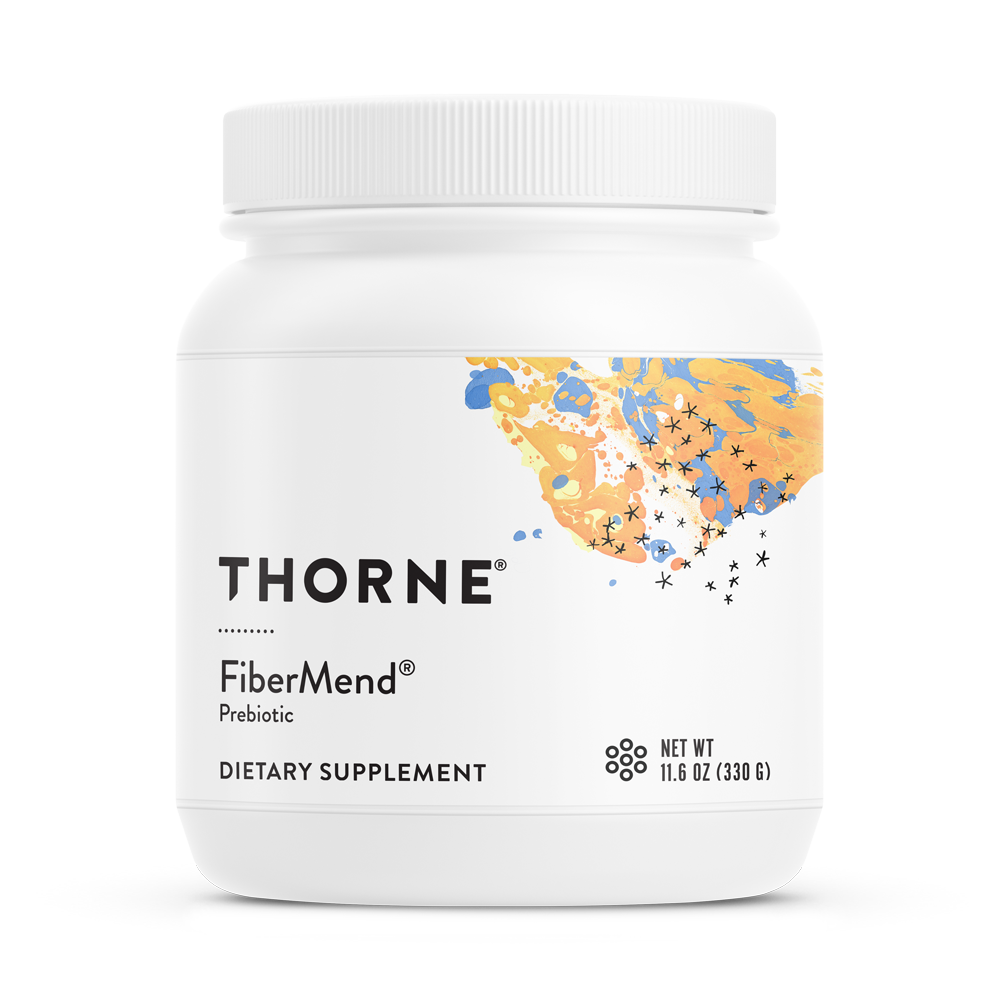
So we’re clear, a fiber supplement doesn’t negate the importance of eating foods that are über fibrous. High fiber foods tend to be rich in nutrients and poor in calories – which make them an important part of our everyday nutrition. That said, a fiber supplement allows you to get sufficient fiber everyday. It also tastes great and is relatively easy to take.
A word to the wise: start slow. Start with 5g (in the morning) for at least 5 days before you consider increasing dosage. Ideally your total fiber intake (including whole food) is at least 35g per day.
Recommended product: FiberMend Prebiotic
Vitamin D
We tend to associate Vitamin D (which for the sake of this publication shall be referenced as V-Diddy) with sun exposure because V-Diddy is synthesized in the body in response to ultraviolet light. There’s also a solid amount of V-Diddy in fish. However, we simply don’t get enough sun exposure or sea food for an adequate supply (researchers from Oregon State estimate that 70% of Americans have less than optimal levels of V-Diddy.) The solution: supplementation.
Raising your Vitamin D levels will have a markedly positive effect on your body. When it comes to strong bones, V-Diddy is essential. Calcium gets all the bone-strength glory, but V-Diddy is calcium’s sidekick. Without proper V-Diddy levels, calcium isn’t much good.
V-Diddy also:
- Improves immune function
- Increases insulin sensitivity
- Helps your body burn fat
- Decreases hunger
- Acts as an anti-inflammatory agent
- Can protect against MS
- Has been associated with reproductive health
- Improves cognitive function
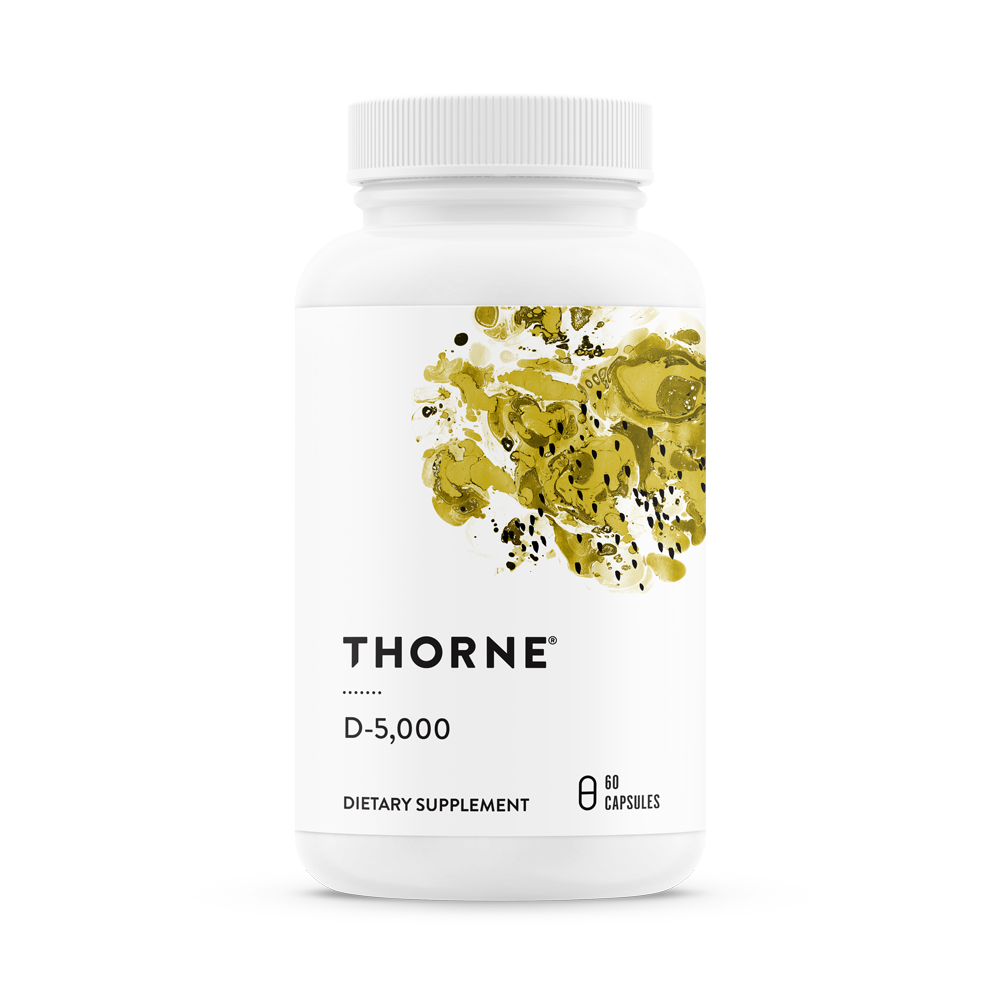
A newish study (from 2011 – sited below) suggested that a Vitamin D supplement could raise your testosterone by as much as 20%. That’s impressive. Research also seems to indicate that semi-regular mega-dosage works best to elevate your V-Diddy levels: a 6-year-long study of adults who took 50,000 IUs of Vitamin D once every 2 weeks kept D blood levels between 40 & 60 ng/ml without any toxicity.
There is concern about an upper limit for V-Diddy, so my recommendation is to get your Vitamin D levels tested and then supplement accordingly. Except actually do it, because this is some powerful stuff.
Pilz, S., Frisch, S., et al. Effect of Vitamin D Supplementation on Testosterone Levels in Men. Hormone and Metabolic Research. 2011. 43, 223-225.
Recommended V-Diddy: Vitamin D3 (Available in 1,000, 5,000 and 10,000 IU)
Recommended dosage: 5,000 IU/day OR 50,000 IU every 2 weeks only if based on blood levels
…Okay, V-Diddy can hensforth be known again as Vitamin-D.
Magnesium
Magnesium is everywhere in the body. It’s essential for over 300 biochemical reactions that help maintain optimal muscle and nerve function, help keep the heart pitter-pattering, and help keep your bones strong. Americans are chronically deficient in magnesium and because magnesium plays such an important role in muscle function, awesome people like us (athletes and vigilante superheroes) are even more at risk for deficiency.
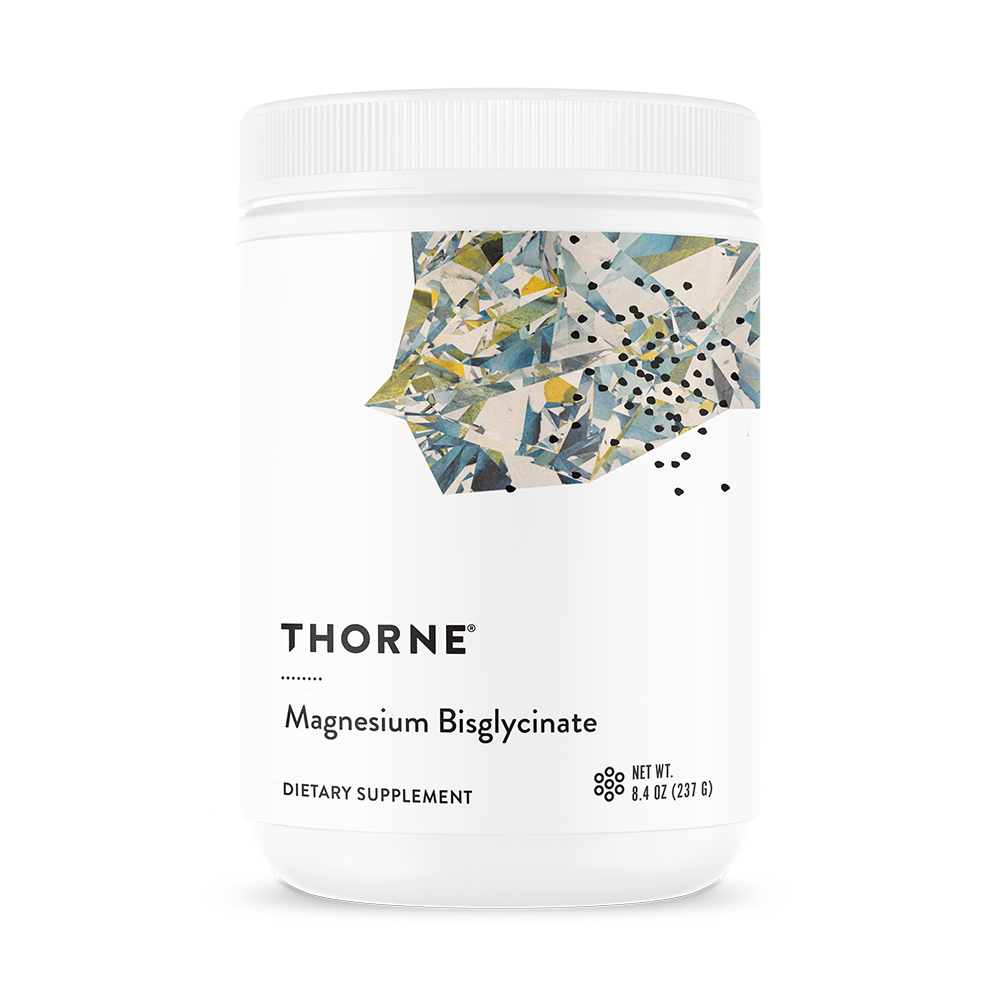
- Magnesium plays a role in red blood cell production.
- It’s Vitamin D’s sidekick when it comes to drawing calcium out of the blood and preserving bone structure.
- It’s an important part of the fat-breakdown-process.
- It’s also important for muscle contraction by maintaining the transportation of calcium ions to the sarcoplasm of the muscle.
But, despite all the wonders of magnesium, perhaps the single best thing is that it improves sleep quality. Magnesium plays an important role in regulating the central nervous system. That means a deficiency will cause your sympathetic nervous system to go into overdrive. Many different studies have found a direct correlation between magnesium supplementation and better sleep, improved relaxation, and reduced stress.
If you exercise hard, your recovery methods needs to be equally as determined. Evening magnesium supplementation goes along way to aid in recovery.
Recommended product:

